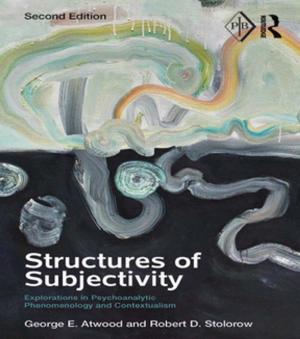Seeing Inside the Brain (Book 1 of Minds in Bloom)
Nonfiction, Health & Well Being, Psychology, Education & Training, Medical, Ailments & Diseases, Mental Health| Author: | Glenn Fieber | ISBN: | 9781311106162 |
| Publisher: | Glenn Fieber | Publication: | January 21, 2014 |
| Imprint: | Smashwords Edition | Language: | English |
| Author: | Glenn Fieber |
| ISBN: | 9781311106162 |
| Publisher: | Glenn Fieber |
| Publication: | January 21, 2014 |
| Imprint: | Smashwords Edition |
| Language: | English |
Minds in Bloom is a 4-book publication about thinking, teaching, learning and anything else that matters. Seeing Inside the Brain is an illustrated look at the engine under our hood: the physical brain (from hemispheres to homunculus; from cortex to corpus callosum; from frontal lobes to the effects of language on thinking). All this to provide the background for understanding the operating system housed in the brain, the software that controls our thinking. If we know how the brain works, how we decide to do what we do, in other words, then we are in a position both to make better decisions and to repair the damage caused by poor ones instead of just regretting them. Also, we can understand how to achieve better results from time spent in skill training, scholarship—or really any pursuit: the value of intelligent repetition and practice. And by considering the difference between mind and brain, we can learn that sometimes the brain has a mind of its own: it leads us down weedy paths without our knowing why; we look down to see the mud on our shoes and wonder how we got there.
Minds in Bloom is a 4-book publication about thinking, teaching, learning and anything else that matters. Seeing Inside the Brain is an illustrated look at the engine under our hood: the physical brain (from hemispheres to homunculus; from cortex to corpus callosum; from frontal lobes to the effects of language on thinking). All this to provide the background for understanding the operating system housed in the brain, the software that controls our thinking. If we know how the brain works, how we decide to do what we do, in other words, then we are in a position both to make better decisions and to repair the damage caused by poor ones instead of just regretting them. Also, we can understand how to achieve better results from time spent in skill training, scholarship—or really any pursuit: the value of intelligent repetition and practice. And by considering the difference between mind and brain, we can learn that sometimes the brain has a mind of its own: it leads us down weedy paths without our knowing why; we look down to see the mud on our shoes and wonder how we got there.















